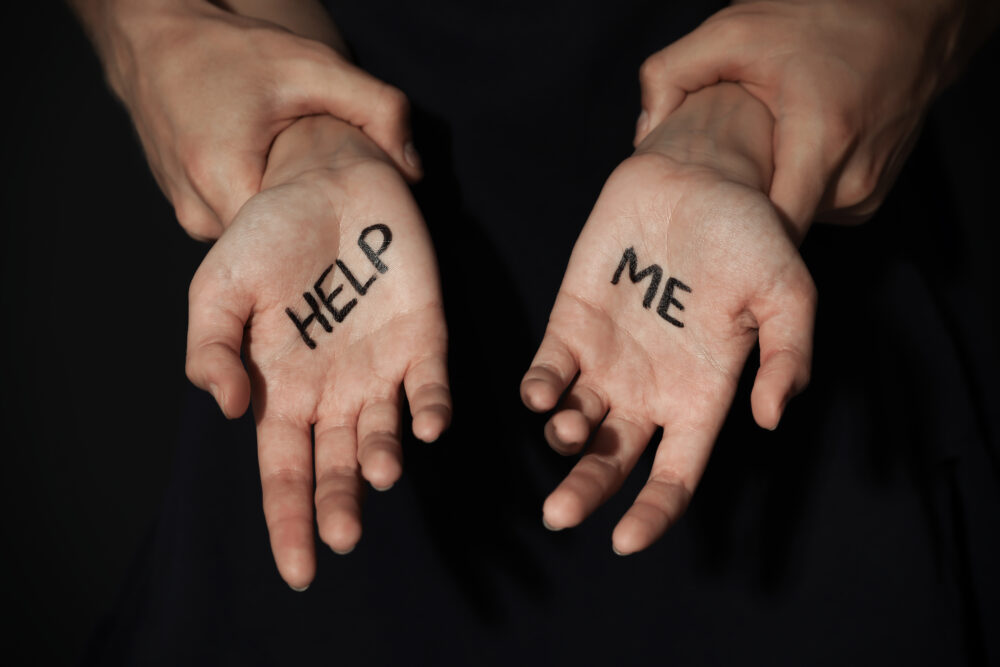Nicole was 19 years old when she was trafficked.
She spent six years in the illicit commercial sex industry and was trafficked by five different men during that time.
“I experienced murder, love, human trafficking, drug trafficking, robbery, addiction, and abuse throughout those six years,” said Nicole, whose last name was not published in an interview with the anti-sex trafficking group Stop Modern Day Slavery.
Nicole was trafficked across 31 different states, including Texas. In April of 2018, her trafficker beat her with a hammer axe. Because Nicole was injured so severely, she was unable to “work,” and her trafficker was forced to take her to the hospital.
She said she lay on the hospital bed, surrounded by medical professionals. She was eventually released back to her captor. Not one healthcare worker expressed suspicion over the bruises on her body or the fake story about her injuries that she told them.
This is, unfortunately, not an uncommon story. An estimated 88% of trafficking victims access health care during their ordeal, according to a 2018 report by the Polaris Project.
A large share of encounters between victims and healthcare professionals occur in the ER, a survey conducted as part of the Polaris Project’s investigation revealed. The next most common situations were reproductive health checkups and primary care doctor visits.
While these occasions might appear to be ideal for victims to get help, trafficking survivors often speak of feeling judged and, therefore, being discouraged from doing so.
“I was beat up in a hotel room, so I went to a hospital,” one unidentified survivor who was interviewed said, per the report. “My cheekbone was fractured and the nurse was just awful to me, treated me less than human. … So instead of receiving compassionate care, they didn’t even give me pain medication. It was just about getting me out of their hospital.”
Adding to the issue of healthcare workers needing to do better identifying signs of trafficking, the report also found that fellow patients were even recruiting sex trafficking victims at some healthcare facilities, such as mental health centers or drug rehabilitation centers.
Sen. César Blanco (D-El Paso) has set out to ensure that Texas Medical Board licensees with direct patient contact have the knowledge and training needed to halt human trafficking in the healthcare industry.
In 2019, Blanco penned HB 2059, which required human trafficking prevention training for certain healthcare practitioners to gain or renew their licenses. Workers are also required to do continuous education in human trafficking prevention throughout their careers.
There are 118 courses that provide a variety of unique training for physicians, nurses, dentists, chiropractors, optometrists, physical therapists, pharmacists, social workers, and other specific providers, and many are free. Course titles include “Red Flags of Human Trafficking,” “Human Trafficking: Could Your Patient Be a Victim?,” “Recognizing and Responding to Human Trafficking in the Healthcare Setting,” and more.
The majority of healthcare licenses are renewed every two years, meaning that healthcare workers will continue to do updated and relevant training that helps prevent trafficking survivors like Nicole from hiding in plain sight under medical care again.


